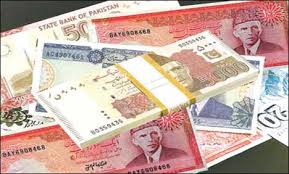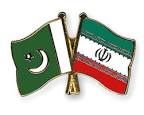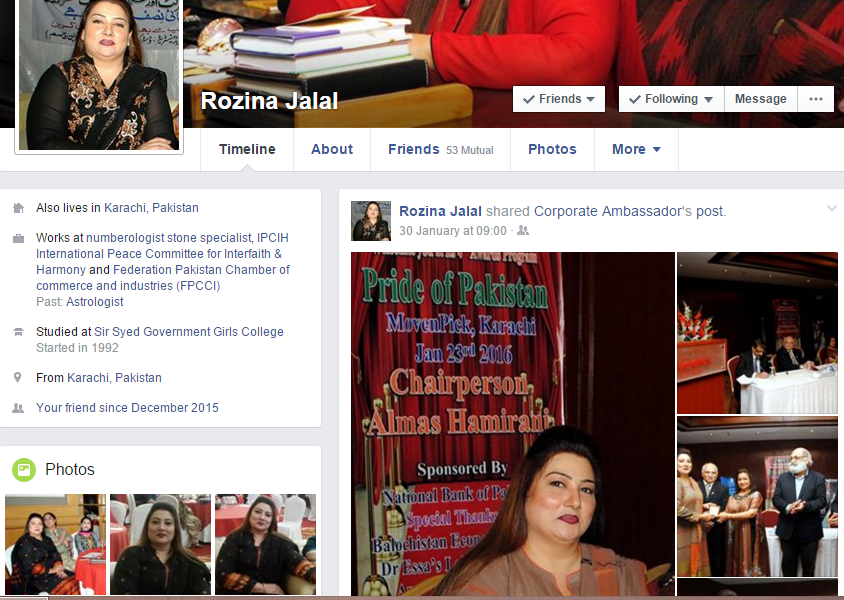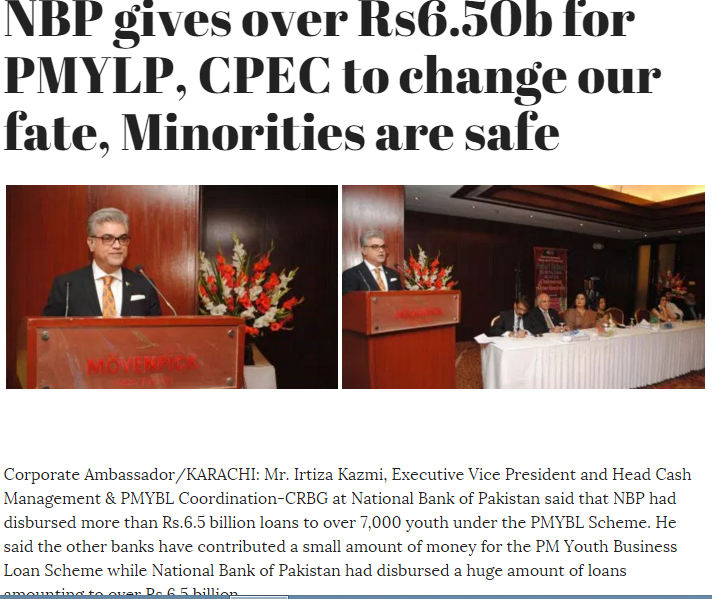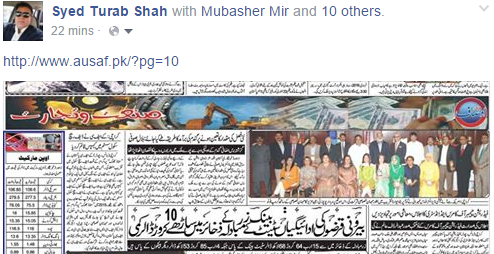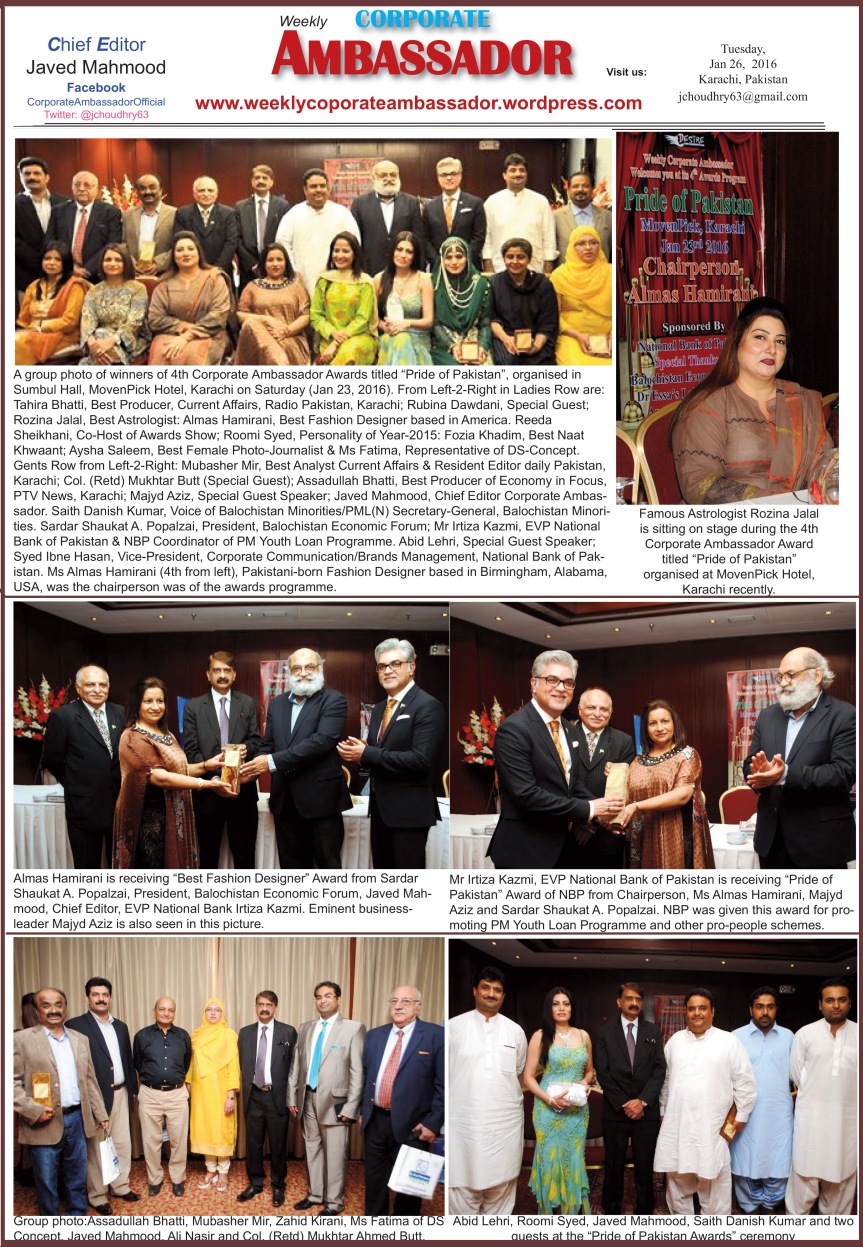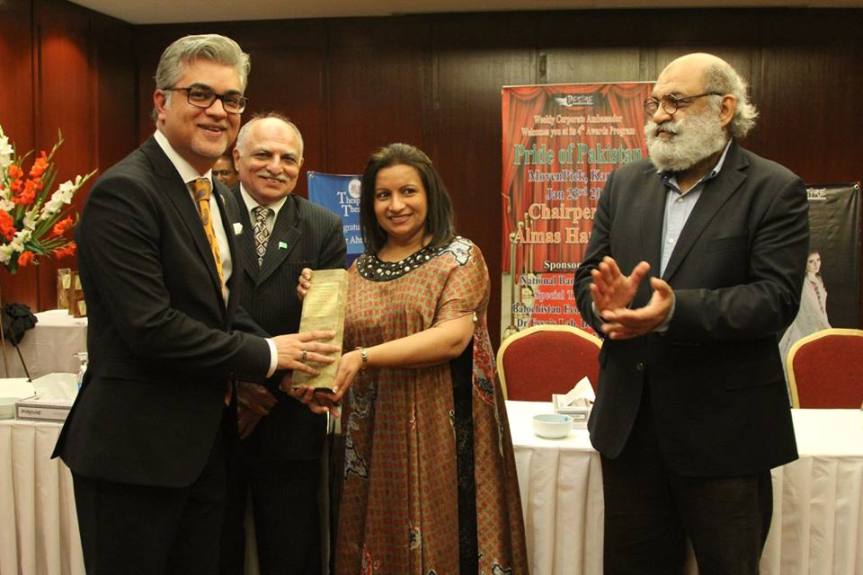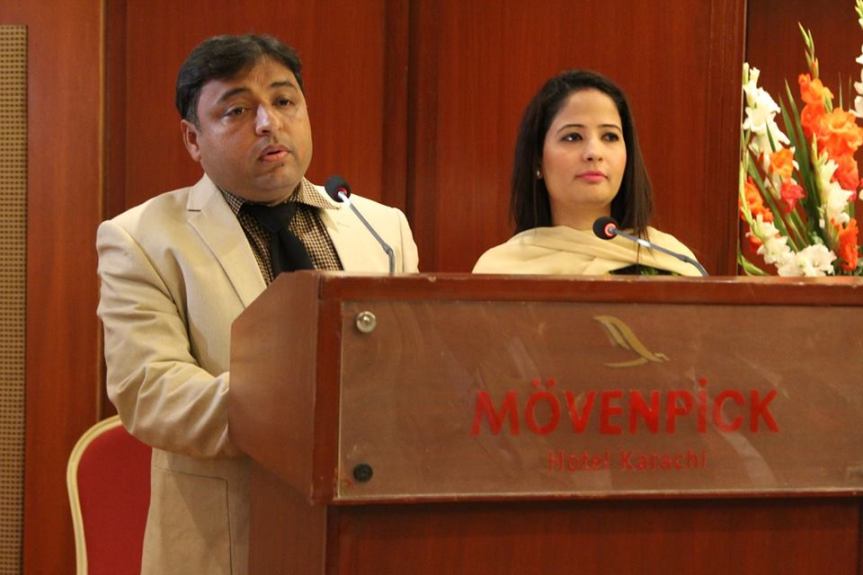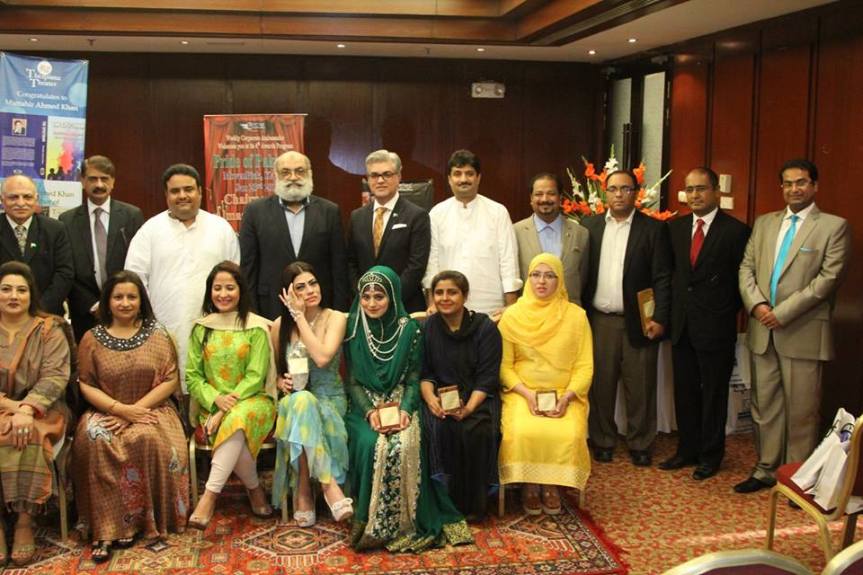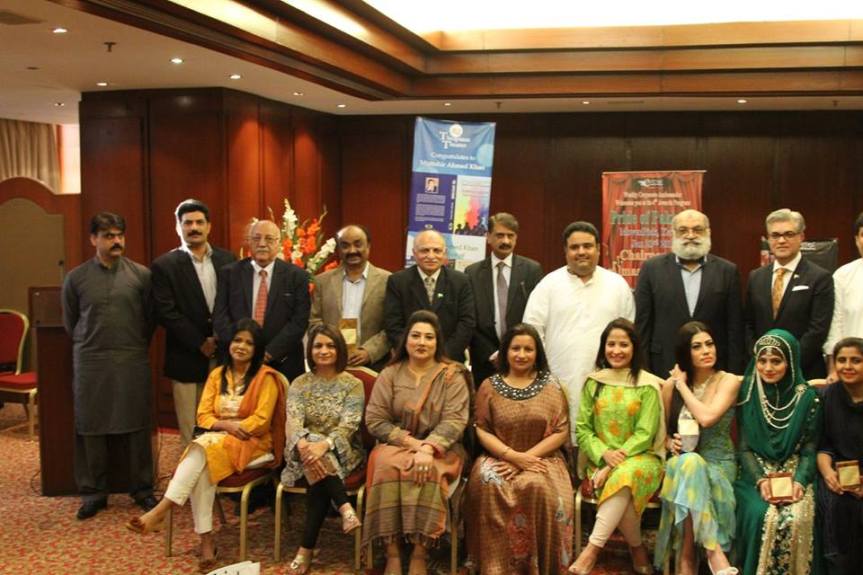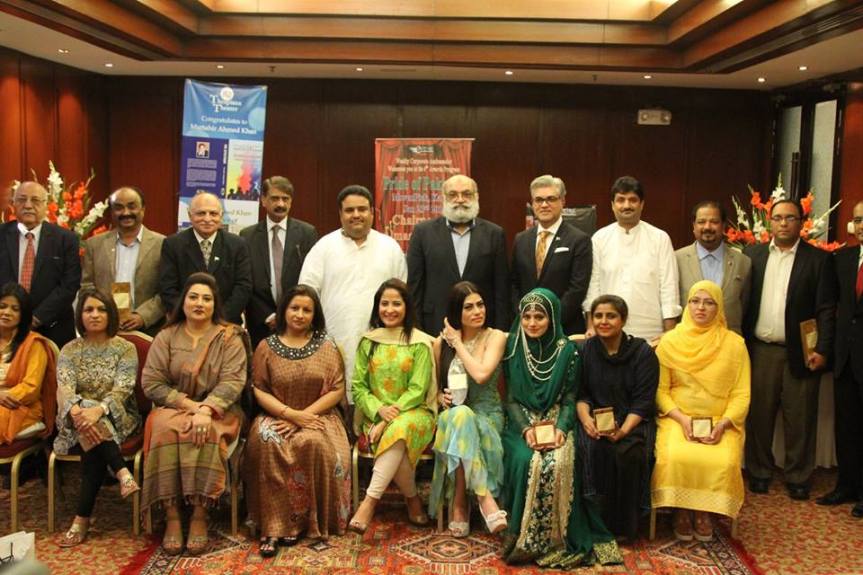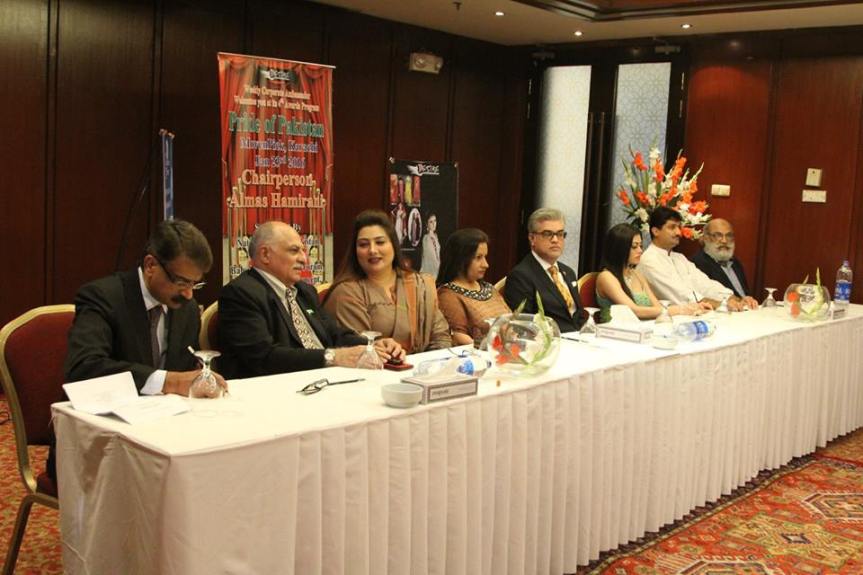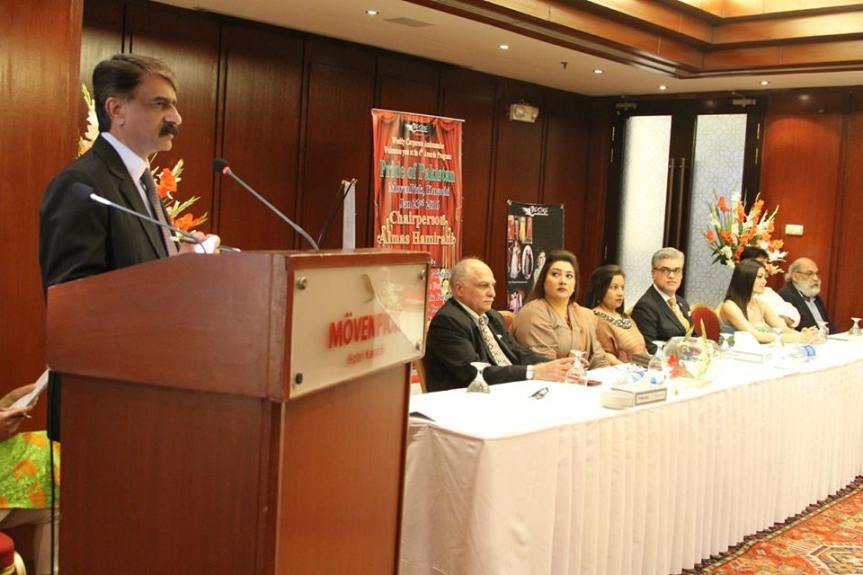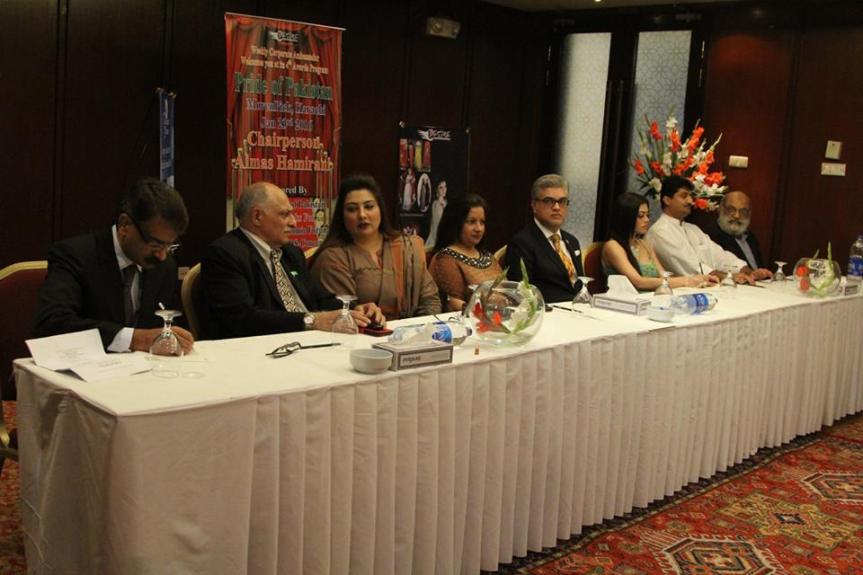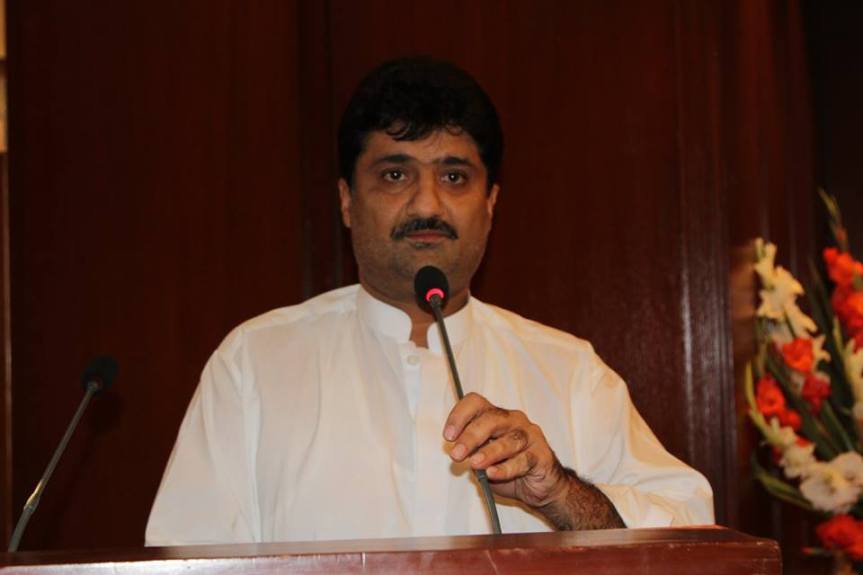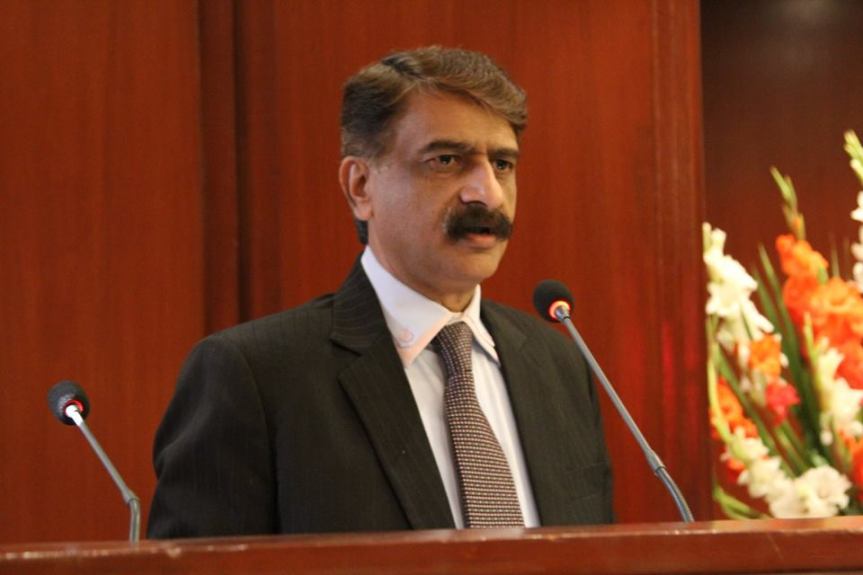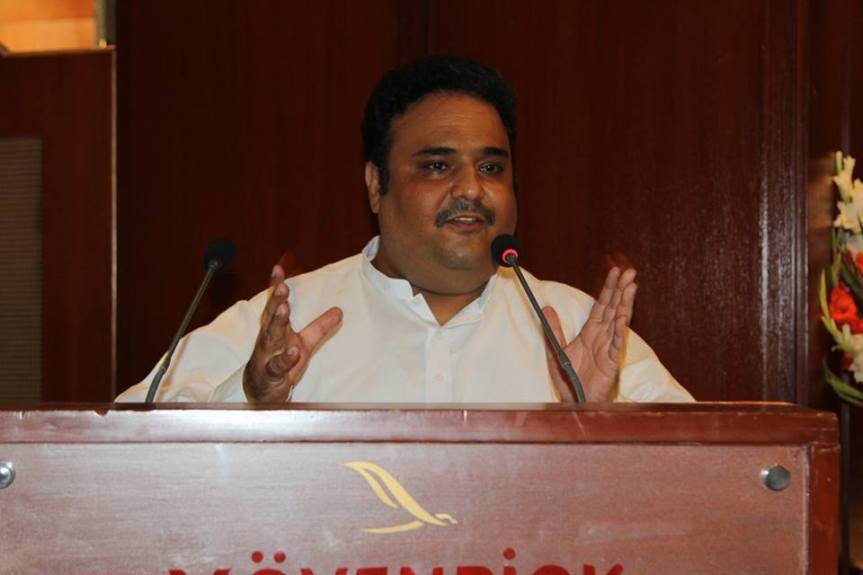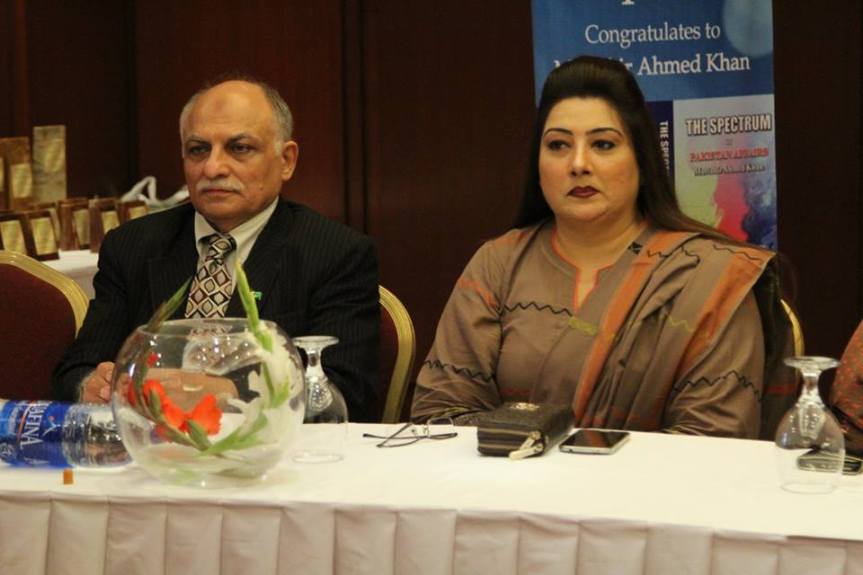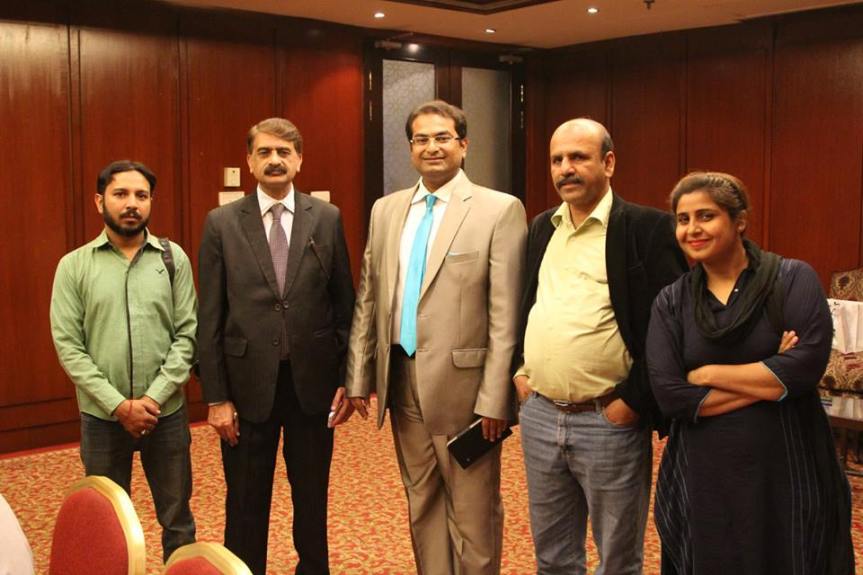
By Zeeshan Shah from Bangkok, Thailand: Thailand is currently undergoing a media makeover. Recently, the country has launched a major crackdown on Media, revising the country strategy on reporting that will impact the future of reporting in Thailand. As the country is currently undergoing change of ranks in the government, with chances of a revolt within the existing system, more and more media outlets are being targeted to follow a restricted policy on reporting within the country.
According to a recent press release of the MFA- Ministry of Foreign Affairs, new guidelines on visa issuances will be in effect from 21st March 2016, thereby ensuring a full and complete check on all ‘M ‘visas being issued to foreigners which means that most journalists who have received M visas in the past may not be issued them in future, and will be asked to apply for different visas. The FCCT (Foreign Correspondent Club of Thailand) board has recently been in discussion with the MFA over these new guidelines, and offered a number of mitigating suggestions to be incorporated in new guidelines.
The new criteria cover foreign journalists who apply to work in Thailand for periods longer than three months, according to the statement. A vague provision in the new guidelines will give authorities new discretionary powers to deny visas to reporters whose work or behavior is deemed as “constituting any disruption to public order or to the security of the kingdom.” The restriction is similar to the ruling junta’s ban against any news that could “undermine social stability” or “sow political divisions” imposed on Thai news media. Reports confirm that “Farang” (foreigner) journalists are being denied media visas and press card credentials for unclear reasons.
According to CPJ-Committee to Protect Journalists, there could be potential risk to all journalists currently in Thailand and could serious undermine the freedom of expression within the country that is currently grappling through a governmental crisis that could implode anytime. In Thailand, public admission or discussion of the affairs of the Royal Family is prohibited and highly discouraged with no permission to local or foreign visitors to discuss or talk about the government or the Rules of the Kingdom.
Once a hub for journalists and known for press freedom within the region,Thailand has long served as a base for reporters covering Asia. A new requirement that media-visa-holders must work full-time for a registered news outlet and report specifically on Thailand will threaten the positions of many long-time freelance reporters and photographers and undermine the country’s status as a regional media hub. The new guidelines will also make it more onerous for reporters who cover entertainment, leisure, sports, fashion, and religion to receive media visas, who may now be asked to submit unspecified “extra supporting documents.”
Reports further indicate that these restrictive new criteria clearly aim to hollow out the foreign media and silence critical foreign reporting on Thailand’s rights-curbing military regime while others around the world within and outside the media community are looking at it as a crude tactic that aims to instill fear and encourage self-censorship, and, if strictly implemented, could put Thailand in league with some of the region’s most closed, authoritarian societies. According to the Foreign Correspondents Club of Thailand, at least five foreign reporters have had their visa applications denied since Prayuth’s military regime took power. Other reporters have had their applications initially rejected for undisclosed reasons, then later accepted when they pressed for an official explanation for the denial, according to CPJ sources who requested anonymity due to fear of government reprisals.
Southeast Asia remains to be a primary tourist destination zone where millions of people thrive in terms of enjoyment and work opportunities and instilling fear in the minds of people may lead to rising hysteria and higher security concerns for public safely and communication that can affect the economic and social tangent within the region.
Thailand s changing media perception will eventually drive its economics and a fall out within the media sector is creating mixed perceptions about the country and how treats its citizens in general. The country does not a very good record in terms of human rights and safety. The inward culture within Thailand restricts communication and focused solely on the “ authoritarian tactics “ – where the Farang tourist community at large is not aware of the regulations and violations and often are reprimanded without fault.
The system protects the locals but fails to safeguard the rights of visiting communities which is ensured most around the world. This recent development is not a good sign for a country that depends on tourism as its basic bread earner. The future holds greater reform in the country on similar lines that is bound to impact the global perspective of Thailand as a non-public friendly nation and will have regional implications across the country.
About writer: Zeeshan Shah is columnist, freelance writer and broadcast journalist. He often writes on on Global Affairs, Public Policy & Governance _ Twitter@shahzeus




